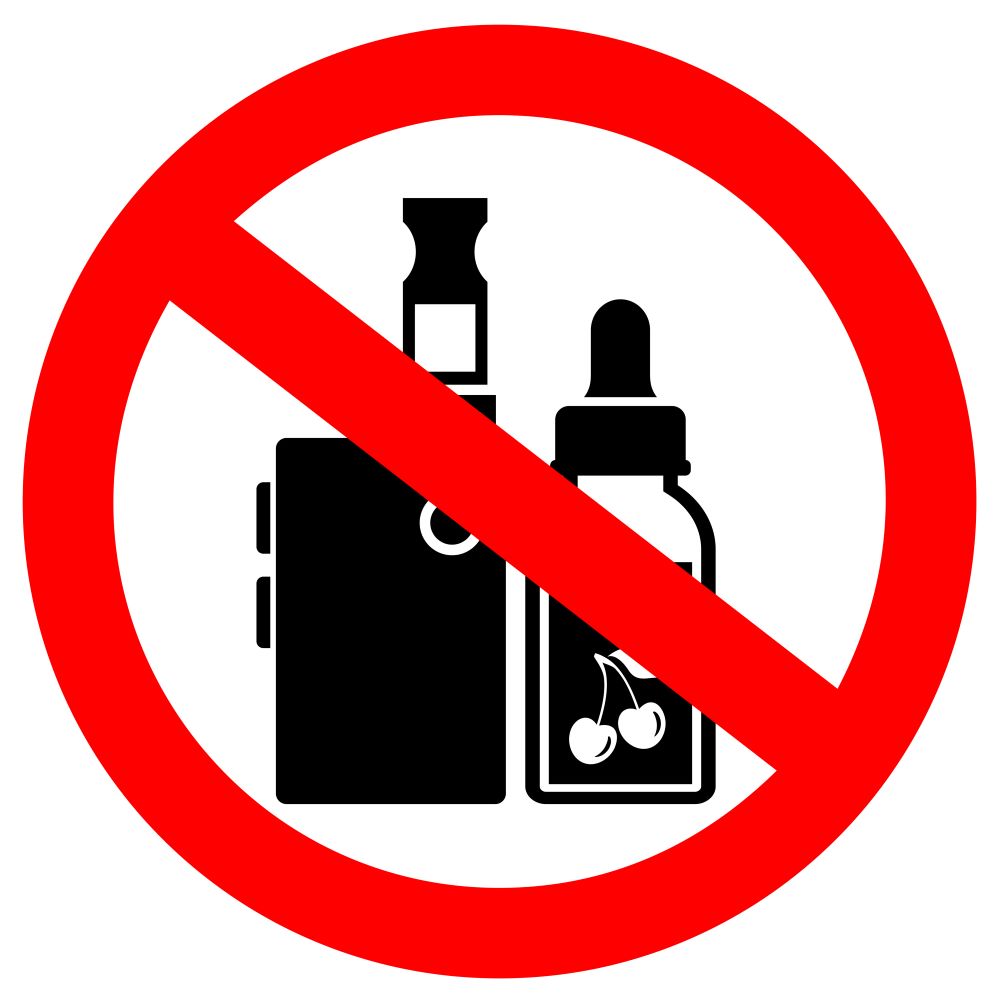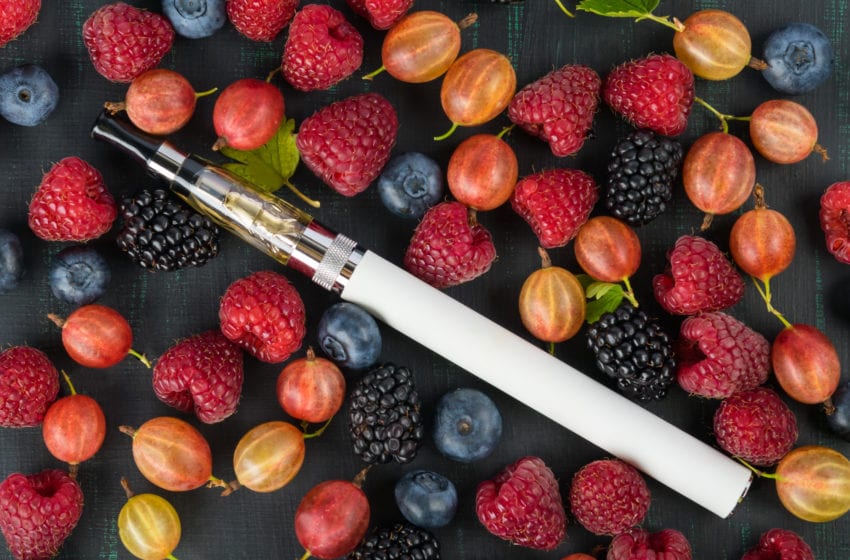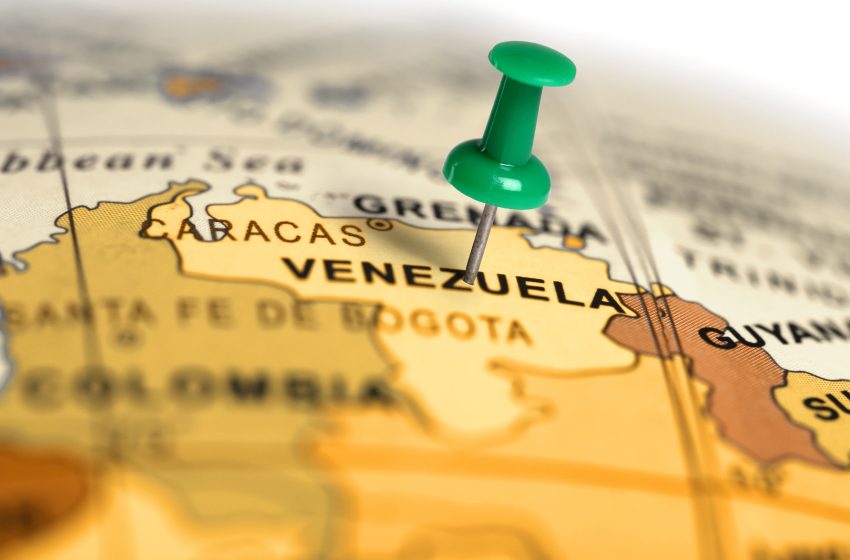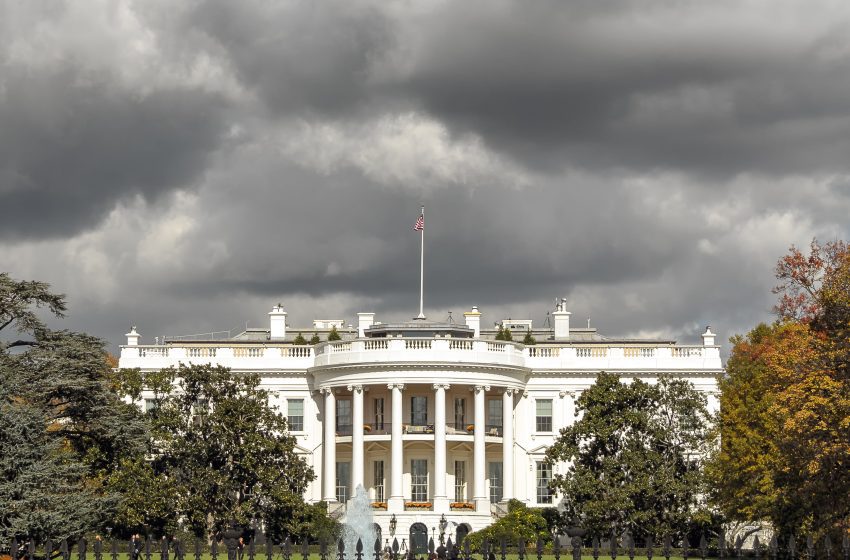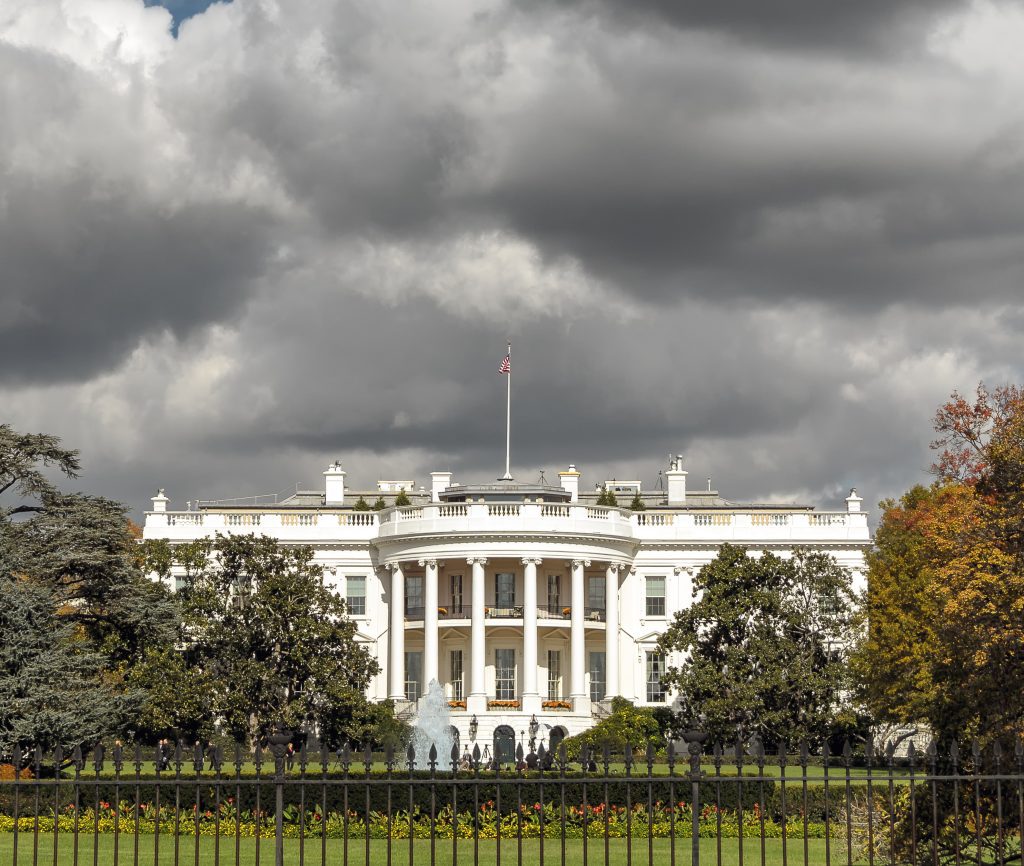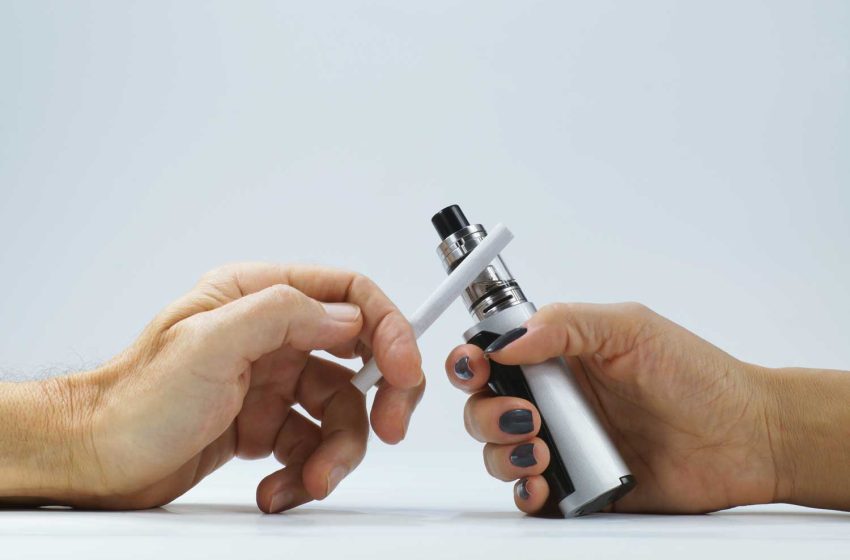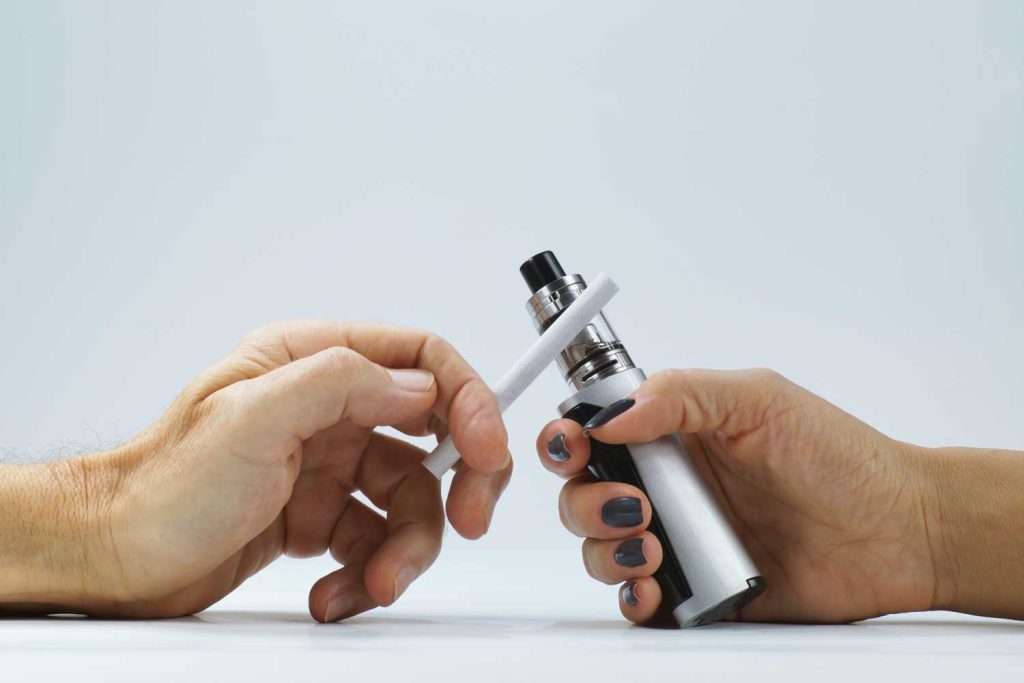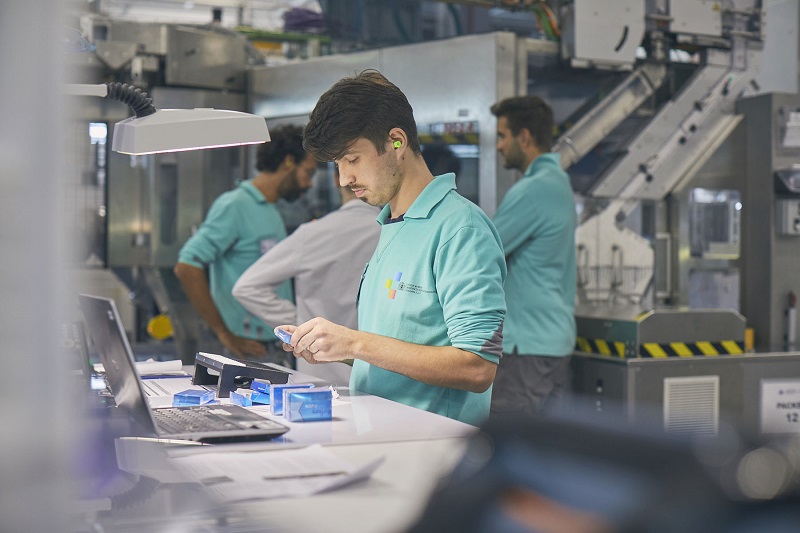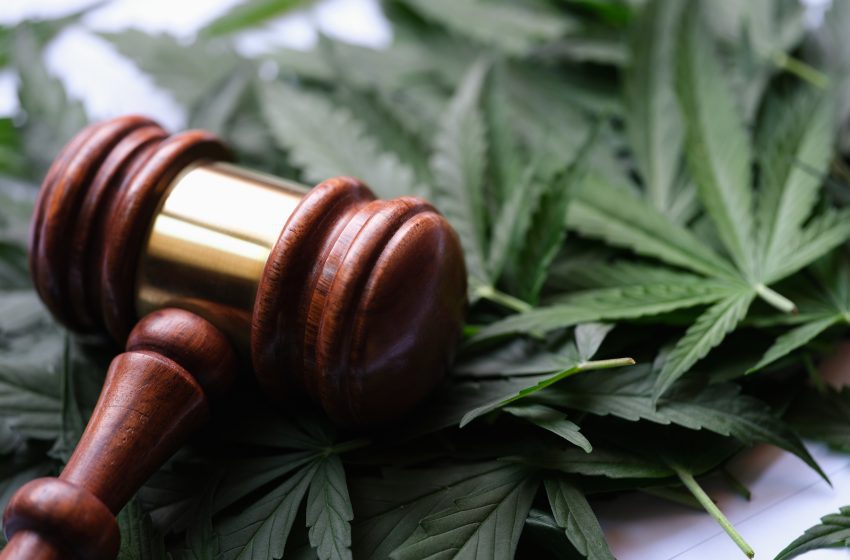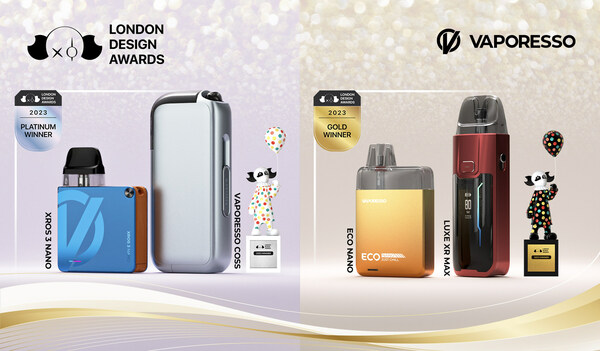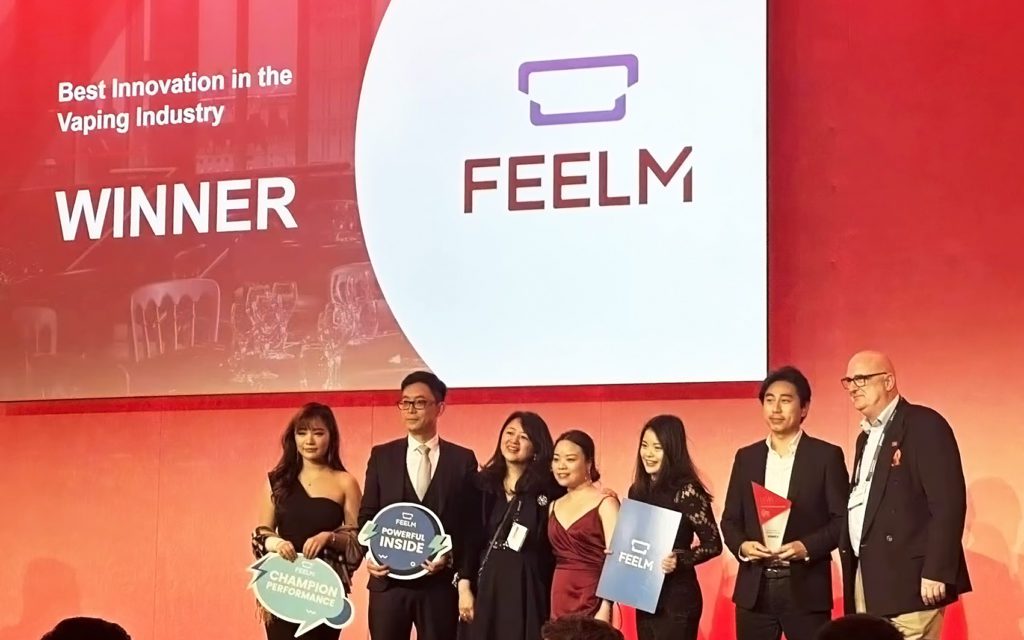Venezuela has banned all vaping products. The country’s Ministry of People’s Power for Health issued a resolution this week prohibiting the manufacture, storage, distribution, circulation, commercialization, import, export, use, consumption, advertising, promotion, and sponsorship of electronic nicotine delivery systems (ENDS).
Additionally, electronic non-nicotine delivery systems (ENNS), consumables, tanks or cartridges, refill consumable containers and other accessories are also banned, according to an emailed press release.
Venezuela joins Argentina and Brazil in banning vaping products in South America.
The decision comes two months after Venezuelan President Nicolas Maduro asked his government’s medical and scientific team to consider the ban. According to the Ministry of Health, “the measure is taken in response to the alerts promoted by the World Health Organization (WHO).”
Alberto Gomez, community manager for Spain and Latin America for the World Vapers’ Alliance, said the ban on reduced harm products in Venezuela is a setback for public health.
“Thousands of Venezuelans had already quit traditional tobacco thanks to vaping and had managed to improve their health,” he said. “Now they will have difficulty accessing the products, and it will be more difficult for more smokers to switch to less harmful alternatives. Venezuela should follow the example of countries like Sweden or the United Kingdom, which are on the way to eradicating smoking, not the WHO’s biased and paternalistic approach.”
Prohibition always fails and brings unintended consequences, according to Gomez, adding that users will turn to the illicit market or return to smoking, while smokers can no longer switch to less risky products.
“Public health will worsen, and smoking will mean higher costs for the health system. In addition, the illicit market does not control the sale to minors, the products do not pass safety and quality controls, and no taxes are paid. Prohibition does not solve anything.
“More than 15,000 people die every year in Venezuela from tobacco-related diseases. Promoting the use of less harmful alternatives has the potential to save thousands of lives and improve public health. The Venezuelan government has an obligation to listen to those who have been able to quit smoking and improve their health thanks to vaping and establish risk-based regulation.”
